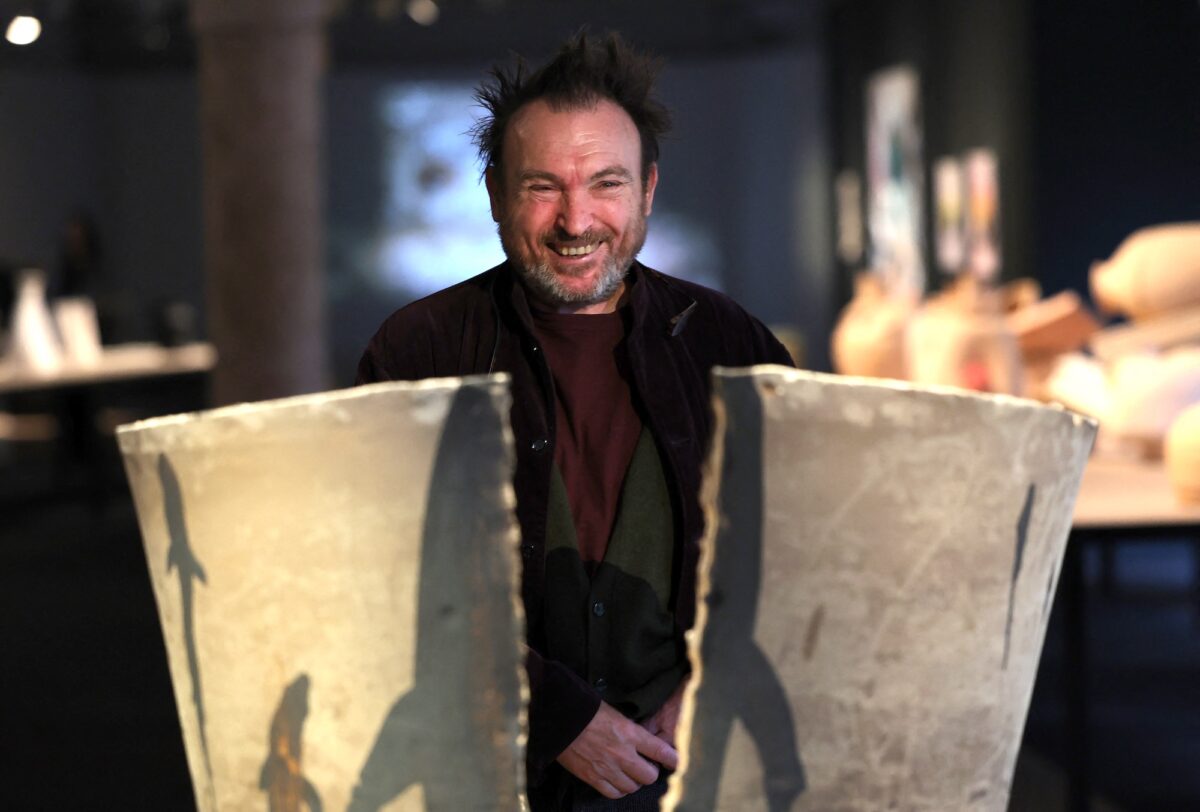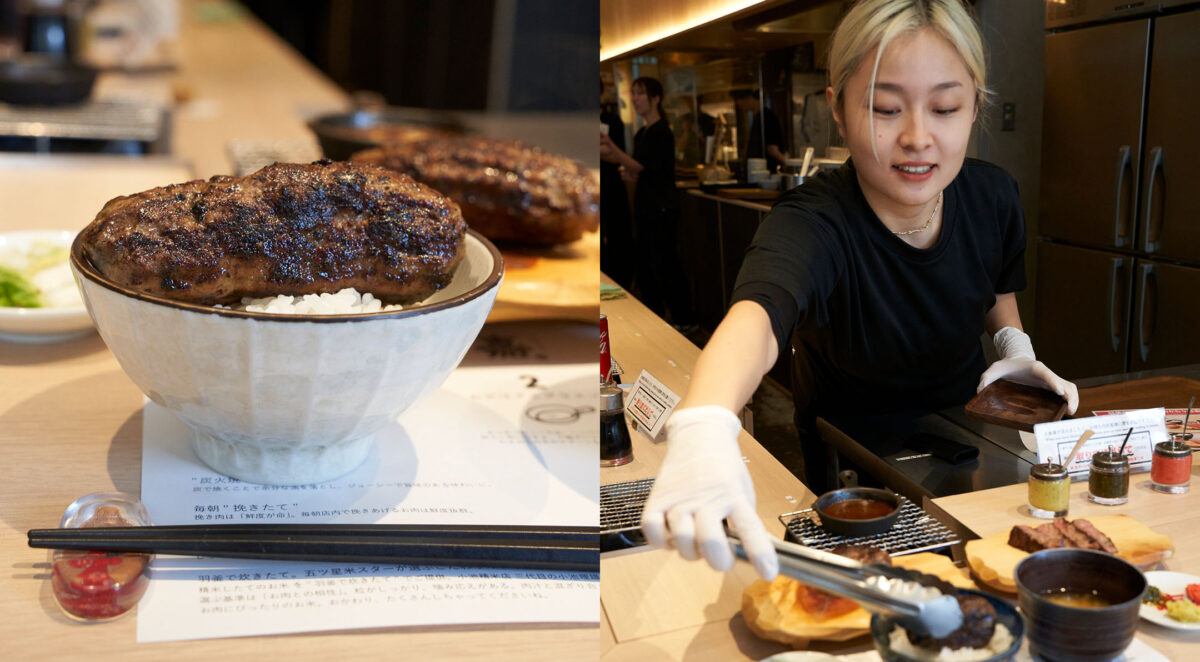Louie (not his real name) lives alone. Throughout the long quarantine, he continued to come by the workplace whenever he could because he felt most productive there and happy to see his colleagues, though of course they all had to observe strict health protocols. His well-to-do siblings, who could afford to ride out the pandemic while comfortably ensconced in their homes, did not approve.
In March, Louie sat in a mandatory meeting with a family whose members were all diagnosed with COVID-19 soon after. Louie immediately took a swab test and found that he had been infected. When his older sister Gloria learned that Louie was in quarantine, her instinctive reaction was to dress him down: “That’s because you are always going out. Look at me, I hardly leave my house.”
Louie, physically weak and feeling quite helpless by then, pleaded with her to be a little more considerate or, at the very least, stop with the hurtful scolding.
A month later, Louie, who had already recovered, received a call from Gloria. She had just tested positive for the virus and, having stayed home for months, could not believe it—plus, the housemaid and the driver did not catch it. Why her? Gloria got a taste of her own medicine from Louie: “See what happens when you’re not nice to people who get COVID?”
Damaging
“Covid shaming” takes many forms, among them blaming the patient, discriminating against medical front-liners and ostracizing victims, including those who have recovered.
“Shaming doesn’t work,” says Eleanor Agustin, psychologist at Aegle Wellness Center in Makati (tel. 0917-8219795, 87370077). “The more energy people put into shaming others just to find some sense in a situation that is beyond anyone’s control, the more damaging it can be.”

Addressing the psychological needs of COVID patients is as important as treating the symptoms, Agustin underscores.
COVID definitely impacts the lives of those afflicted, as well as their relatives’ attitudes toward them. Despite clean bills of health and updated (negative) swab test results, many recovered patients are shunned by their families, officemates, fellow condo residents and close friends who start seeing them as damaged goods. In fact, even if they had adhered to stringent health guidelines before falling ill, they are presumed to have been careless or ignorant, or both.
Agustin notes that COVID brought the day of reckoning in numerous relationships. “There are people who stay, but there are others who disappear, after their true colors surface.”
On the other hand, she says, the frightening illness seems to have brought just as many families closer, with members reaching out to help the stricken. “Those taken for granted before the pandemic become better appreciated when the sick experience their support.”
Agustin helps COVID patients by providing “psychological first aid” for close relations. “I give a short talk meant to widen their outlook. The pandemic has brought incredible and seemingly uncontrollable changes at all levels of patients’ lives.”
Celebrating survivors
She cites the importance of respect for both past and present COVID victims. “They go through a lot. They face anxieties, from fear of complications and even death, all the way to social stigma after recovery. Many don’t understand this, much less appreciate it,” Agustin says.

She urges the human resources (HR) department in every company to develop a psychological first-aid program that could start with raising awareness of that extensive mental and emotional harm.
The psychologist also recommends that former patients be suitably welcomed back at work, saying, “Survivors should be celebrated.”
Agustin adds that HR should provide counseling to help the returning heroes conquer all those anxieties, and, why not, maybe even nutritional supplements.
Recovered victims who feel ostracized should be encouraged to assert themselves, with grounded optimism and without anger. “Asserting doesn’t necessarily mean being feisty,” Agustin says. “Dialogues and mindful interactions could be very productive here.”
She, in fact, views a joust with COVID as an opportunity for self-renewal. “We tend to spend our energy on others. This is the time for the individual to look inside and see: Have I unconsciously allowed people to influence me? What is really important in my life?”
Projection of fears
British international lecturer, author and life coach Denise Lawrence observes that those who bully COVID survivors are mostly “people who get freaked about what they see in the media (which tend to report the worst possible angles of the pandemic) and project their fears and problems.”
She elaborates: “They want to make it seem like they’re doing the right thing, and those who are infected just got it all wrong. Bullies actually have low self-esteem, and so they put on a performance. They compensate by being aggressive.”
COVID victims present and past need not feel inferior, Lawrence says. “Prepare your replies to these aggressors in advance,” she suggests.

Informed that Filipinos are taught to be nonconfrontational and are therefore usually careful about offending others, she adds, “Then practice to respond calmly but firmly. Just stand up to those who are abusive; they usually back down. You could tell them, ‘Look after yourself and I will look after me.’ Remember, calmly but firmly. That is totally within your purview.”
Challenge the “shamers,” she insists. “Give it back to them: ‘There’s no difference between you and me. This is a small thing. How will you survive when the real stuff comes?’ Bullies exist to solidify your courage.”
Lawrence explains, “Shaming is not your problem. The problem is their negativity. They are merely demonstrating how selfish and insensitive they are. Remember the golden rule: Treat people as you would like them to treat you. One day, circumstances will turn around and they will be mistreated. Meanwhile, don’t validate anybody else’s judgment of you. Their tactic is to diminish you and make you not OK. They can do this only for as long as you allow them to.”
She is a longtime practitioner and teacher of Raja yoga (“highest union with God”) meditation (Brahma Kumaris Quezon City, tel. 89264273; Makati, tel. 88907960). The discipline teaches the individual to experience the kind of happiness that is not dependent on situations or other people.
Her parting words for those who feel shamed: “Claim back your dignity. Give yourself permission to be who you are, a being of peace and inner strength, and to experience how valuable you are. Only God is your judge.” —CONTRIBUTED INQ














































